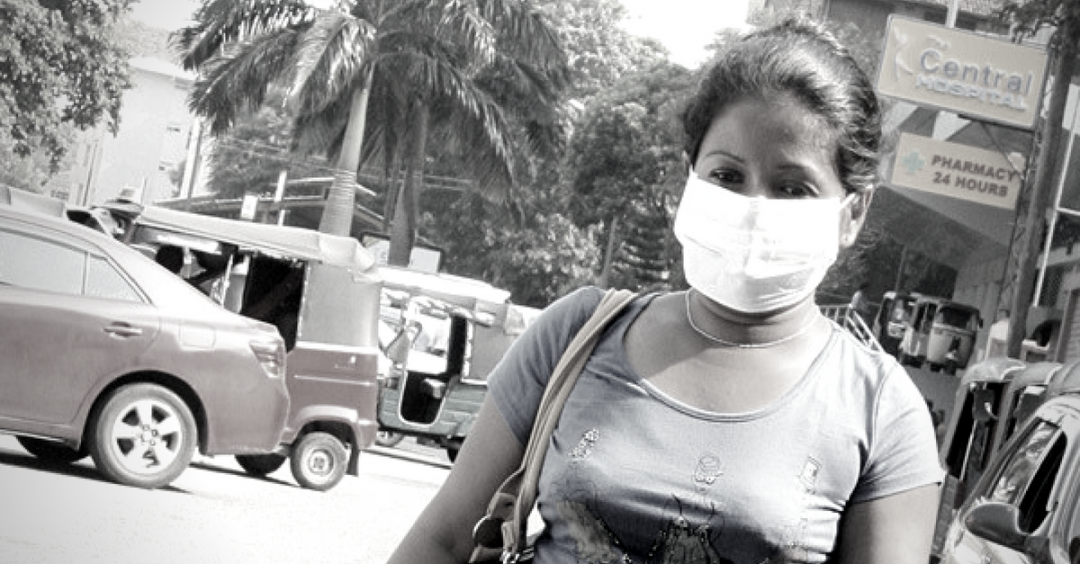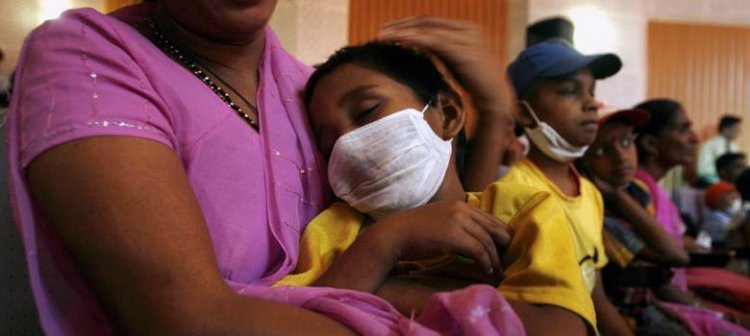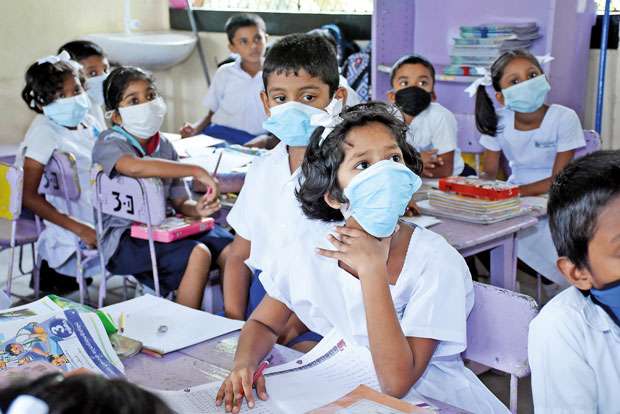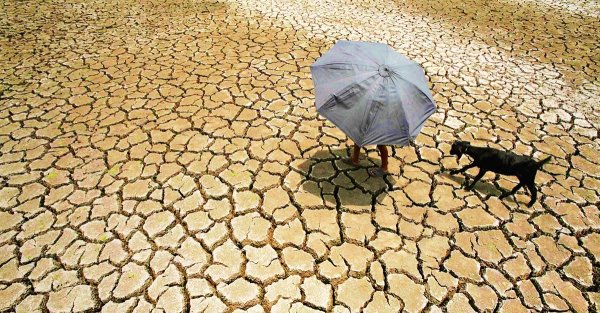
Getting the ‘flu may not be fun, but it is generally not something people tend to worry about too much- to most, it just means a lot of nose-blowing, a few days in bed and sick leave from work or school. However, it is influenza season in Sri Lanka, and everyone seems to be sniffling, coughing or woefully blowing their noses at every corner we turn. The last two months also saw a rise in the number of influenza cases in Galle, Matara and other towns down south, with many Sri Lankans worrying that we might be seeing an epidemic or even some new disease. While health authorities dismissed these fears and pointed out that the outbreak was the usual spike we see during the dreaded ‘flu season’, they also stressed on the importance of trying to combat its spread.
Roar Media spoke to consultant epidemiologist Dr. Samitha Ginige to find out a bit about influenza and how we might avoid both contracting and spreading it.
Influenza; A Snapshot

Influenza is a viral infectious disease caused by the Influenza virus. Some of its symptoms include:
Fever
A runny nose
Cough
Sore throat
Muscle ache
Diarrhoea and vomiting, mostly in the case of young children
The ‘flu is generally considered to be quite mild compared to other illnesses, but it is still debilitating and can cause a serious lack of productivity when it comes to things like work and school. There are also certain people who fall into the high-risk category, such as:
People who suffer from chronic medical conditions like diabetes, asthma and renal problems.
Pregnant and lactating mothers
Children under the age of two years
The elderly above the age of sixty five

Elderly people above the age of sixty-five should take precautions during the ‘flu season since there is a chance that they might develop complications.
“These individuals need to take extra care about avoiding the ‘flu, as there is the risk that they can develop complications,” Dr. Ginige explains. This can include pneumonia, but he stresses on the fact that the chances of influenza worsening to such an extent are very slim.
“The flu is a self-limiting infection,” he tells us, explaining that when a healthy person gets the ‘flu, it generally subsides after an average of four to five days. He also adds that there is no specific medication for it since it is caused by a virus.
‘Flu Season

In Sri Lanka, the number of influenza patients usually peaks when the monsoon rains roll around. This, according to Dr. Ginige, has been the case over the last ten years in the country, with the first ‘flu season’ of the year happening in the months of May, June, and July, and the next one occurring towards the end of October and extending upto the month of January.
He also explains that it is quite normal for the influenza outbreak to have a ‘starting point’ in a certain location. In the year 2017 this happened in Kandy, while this year, the point of origin was the Southern Province of the country, which experienced a sudden spike in the number of ‘flu cases in the last two months. “The situation has gone back to normal in the South,” he tells us. “However, it is very important that we do whatever we can to avoid getting the flu. If you have caught it, then you have a responsibility to avoid spreading it to others.”
How To Avoid Catching And Spreading The ‘Flu

Wash your hands regularly.
Using soap and water hardly sounds like medical advice, but basic personal hygiene could go a long way in saving you from spending flu season sniffling in bed.
Influenza spreads through contact, which means touching infected surfaces and then touching your eyes, nose or mouth could give you the bug. Washing your hands after, say, using public transport is a good way to minimize the risk of catching the ‘flu.
Cover your nose and mouth when you sneeze or cough.
This is something your parents probably taught you when you were three, but there is much more to it than basic good manners. Influenza also spreads via droplet infection, which means when an infected person coughs, sneezes or even talks, tiny droplets of moisture containing high concentrations of the virus are expelled into the air, and could reach non-infected people in the vicinity. “If you do not have a handkerchief or tissue, then use your inner elbow rather than your hand,” Dr. Ginige tells us. He also advises against using the same handkerchief or tissue for too long, or from leaving it lying around.

Try to avoid public places if you fall into the category of a high-risk group. If you do happen to catch the flu, then consult a qualified medical practitioner who will be able to spot any possible complications. “You also have a social responsibility to try to keep away from public places if you have the ‘flu,” Dr. Ginige says. “For instance, if your child is sick, then keep him at home. Sending him to school could spread the infection to other children as well.” He also adds that not letting the child get sufficient rest could worsen his symptoms.
Most of us lose our appetite when we are sick, but eating nutritious meals is important when you have the ‘flu. Taking a lot of liquids and getting plenty of rest can also help on the road to recovery.
Cover image courtesy: bp.blogspot.com








